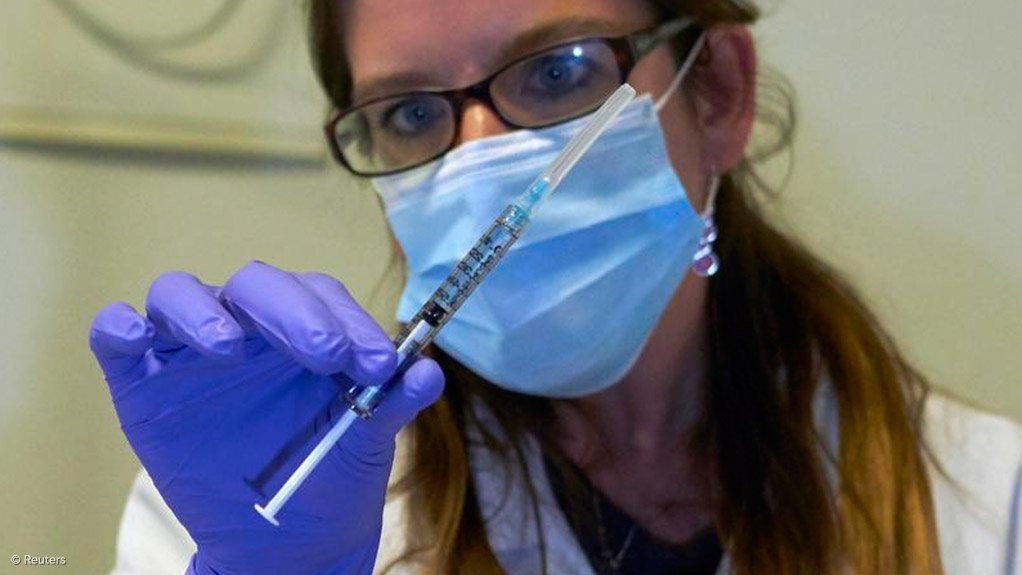Moderna has allowed its Covid-19 vaccine to be used in a World Health Organization (WHO) effort to develop mRNA shots that would increase production and access for poor countries.
Afrigen Biologics & Vaccines, a South African biotechnology company working with the WHO, has used the Moderna vaccine in comparison studies in mice to test the effectiveness of its own shots, said Petro Terblanche, Afrigen’s managing director.
Demand for Covid shots has slowed across the world as more recent variants of the virus have caused milder illness, yet many people in low- and middle-income countries like South Africa remain unvaccinated and vulnerable to the potentially lethal disease. With Moderna’s help, Afrigen is aiming to develop a shot that may be manufactured by at least 15 production facilities around the globe under the aegis of the WHO’s mRNA Vaccine Technology Transfer Hub in Cape Town.
Moderna didn’t supply the vaccine directly. It allowed the vaccine to be provided by the French government after a request from the United Nations-backed Medicines Patent Pool, according to Marie-Paule Kieny, the pool’s chair. Pfizer refused a similar request because it didn’t regard the need as urgent, she said.
Moderna and the partnership of Pfizer and BioNTech SE have come under increased pressure to allow factories in poorer countries to produce their vaccines after the world’s richest nations raced to inoculate their populations while barely any vaccines were available in large parts of Africa.
More Support Needed
“Since the start of the pandemic Pfizer has received many requests to collaborate on studies and other initiatives from many different worthy sources,” Pfizer said in a response to questions. “Unfortunately, it is impossible to support them all and our focus remains on delivering as per our existing supply agreements with governments.”
Moderna declined to comment.
France has supported the mRNA hub, giving it 20-million euros in assistance so far, said Kieny. The WHO’s mRNA hub has a more ambitious plan, with the production of a vaccine designed by Afrigen to take place at factories in countries including South Africa, Argentina, Ukraine and Bangladesh.
The early-stage trials of Afrigen’s shot in mice produced “a strong immune response,” the company said. Moderna placed some conditions on the use of its vaccine in the studies, Terblanche said, declining to elaborate.
Still, Afrigen may need further assistance from Moderna or Pfizer, including allowing the use of vaccine for comparative human trials that are expected to start by May. That request is expected in coming weeks, Kieny said.
Ultimately the WHO plans to follow the production of a Covid-19 vaccine with an attempt to develop inoculations for neglected diseases that plague the citizens of poor countries such as tuberculosis, HIV-AIDS, some forms of cancer and hemorrhagic fevers such as Ebola, Lassa fever and the Marburg virus.
EMAIL THIS ARTICLE SAVE THIS ARTICLE
To subscribe email subscriptions@creamermedia.co.za or click here
To advertise email advertising@creamermedia.co.za or click here











